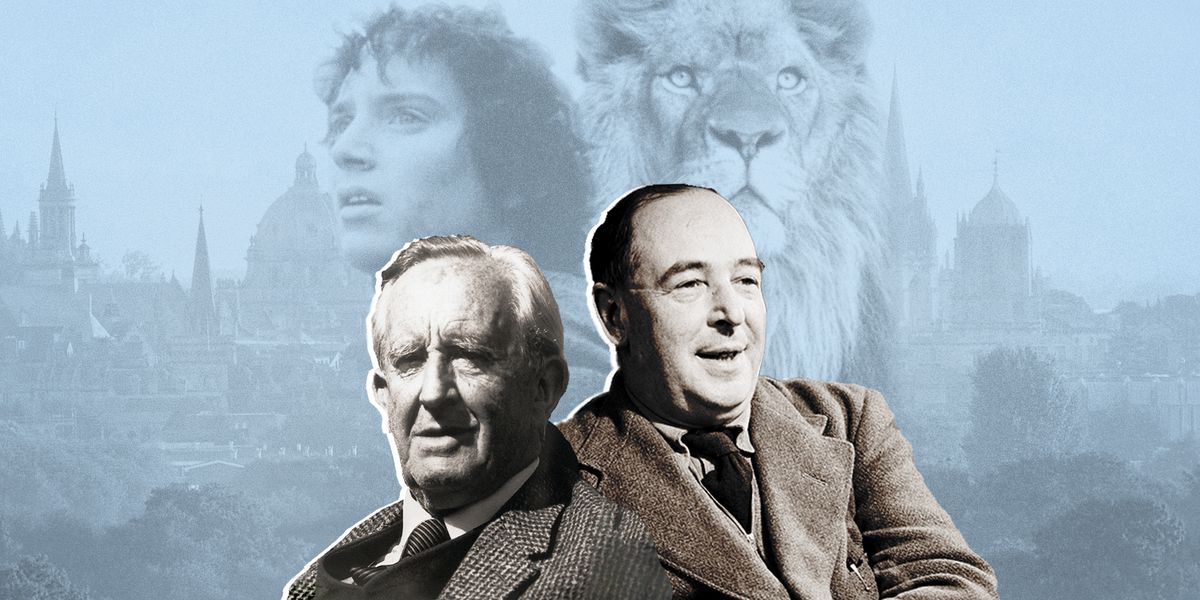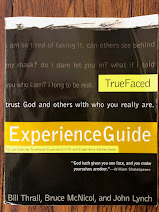The story...
We owned a book of poetry - beneath the living-room table. The book was titled "Time's River - The Voyage of Life in Art and Poetry." Kate Farrell selected the art and the poems - they were published by the National Gallery of Art, Washington, in 1999. The book's organized as four phases of life: Childhood; Young Adulthood; Maturity; and Old Age. I viewed these life phases in a series of paintings during a tour of the Smithsonian Museum in 1982. When contemplating those life paintings, I can relate to the character depicted in those paintings. I wonder: "am I solidly in the third or fourth phase?" Am I experiencing the right stuff?
Please enjoy "Otherwise" written by Jane Kenyon in 1947.
I got out of bed on two strong legs. It might have been otherwise.
I ate cereal, sweet milk, ripe, flawless peach. It might have been otherwise.
I took the dog uphill to the birch wood. It might have been otherwise.
At noon I lay down with my mate. It might have been otherwise.
We ate dinner together at a table with silver candlesticks. It might have been otherwise.
I slept in a bed in a room with paintings on the walls, and planned another day just like this day.
But one day, I know, it will be otherwise.
How does this poem relate to the only church in town? My life is both my own and part of my communities. Those communities seem to shape and form me. They're likely a key part of what I take with me when I separate from this life. Hebrews 4:15 confirms that Jesus the Christ's life on earth is important to Him; so, I expect ours will be important to us in eternity too. I hope to continually grow my faith and more naturally love God with all my heart, strength, and mind. I'm learning to love me and my neighbor too. Yet, one day it will be otherwise. Thank you Jane for sharing a "good" piece of your life with us today.
Just for today...
"This day is a beautiful room that's never been seen before. Let me cherish the seconds, minutes, and hours I spend here. Help me to think before I speak and pray before I act." Courage to Change (p.64)
"Right now; We're gifted - God's here; Breathe deeply." Am I a Poet?















.jpg)








